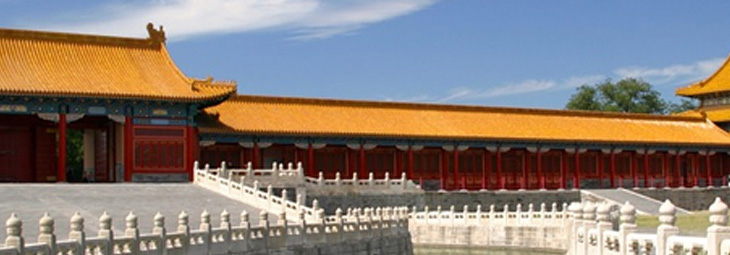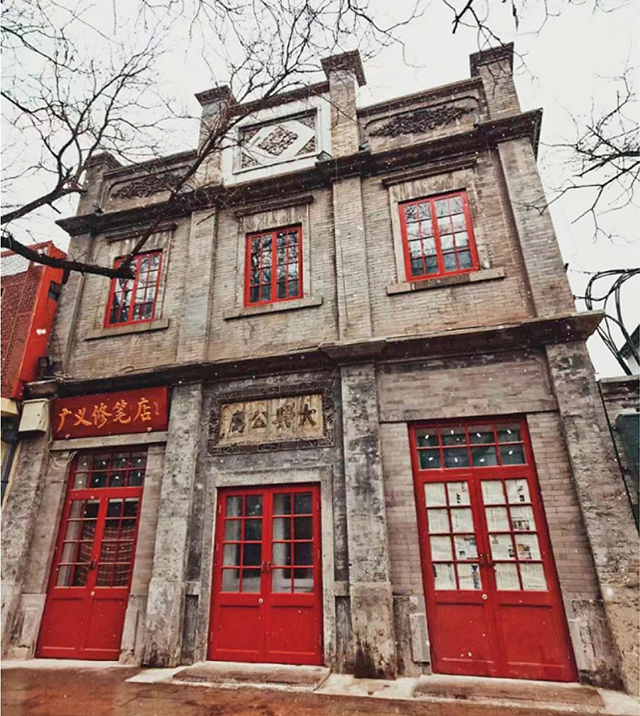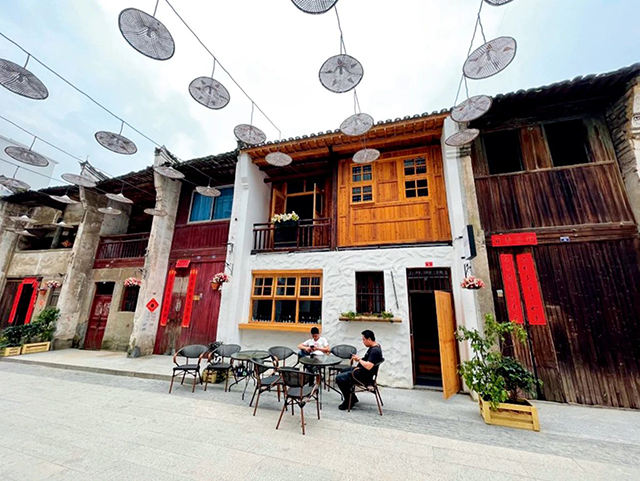


Historical and cultural heritage is the material and spiritual wealth, created by humanity, in the long process of social practice, as well as the witness of human civilization. The conservation and revitalization of historical and cultural heritage is related to the sustainability of its value and role, as well as to the foundation and cultural confidence of China's traditional culture. This interview for experts shares the main ideas for the conservation and development process of historical and cultural heritage in China.

▲ Authentic restoration

Ruan Yisan
Advisor to the Academic Committee of Historical and Cultural City Planning of Urban Planning Society of China
Director and Professor of the Research Center for National Historical and Cultural City at Tongji University
The process, characteristics, and main achievements of the construction for historic and cultural city system in China over the past 40 years.
Ruan Yisan: The system of historical and cultural cities was implemented in 1982, and currently there are a total of 141 historical and cultural cities. Since then, the conservation of historical and cultural cities has been a concern, but it has not yet been attached great attention from the people of the whole country. With the development, especially the large-scale urban construction in the 1990s, many historical and cultural cities have been damaged to a certain extent. Therefore the central government issued a notice to request greater protection efforts. Many historical and cultural cities have attached great importance to their historical and cultural traditions in the development,and their leaving relics are considered as an important basis for city development, but there are still some cities where the historical and cultural traditions are hardly conserved. The central government has attached great importance to the historical and cultural heritage and the General Secretary also calls for keeping our own cultural traditions and homesickness. In order to protect historical and cultural cities, we need to further enhance people's awareness of protection. These things that exist in history will disappear. If we do not pay attention to conservation, they will disappear from people's memories.
A historical and cultural city is selected from tens of thousands of cities across the country and is one of the top cities in the country. Each city has its own unique characteristics, such as important historical relics, unique customs, and humanistic historical views. These are all precious historical sites left by historical and cultural cities, which is greatly significant for the construction and development of our modern cities. For example, the famous historical cities along the Grand Canal, such as Huai'an, Yangzhou, Suzhou, etc., have left behind many famous historical relics and allusions. By preserving these historical relics well, it can arouse the thinking of future generations and promote spiritual exchange between modern and ancient people. This is the impact of cultural heritage on future generations, which plays an important role in inheriting historical and cultural heritage, deepen our love for the city and respect for the culture of our hometown.
The achievements in the protection of cultural heritage are very great. Over the past forty years, we have put forward the system of historical and cultural cities, formulated a series of legal provisions, and specifically introduced the term historical and cultural cities in the Law of the People's Republic of China on the Protection of Cultural Relics, which standardizes the approval process, stipulates the investment of protection funds, and so on. The implementation of these measures has effectively protected the city's style as well as historical and traditional culture, and played a significant role in the development of the city. Meanwhile it has also affected the protection of many small and medium-sized towns and traditional villages, enabling the cultural traditions of the Chinese nation to be carried forward.

▲ Diversified blocks
Source: <https://www.planning.org.cn/news/view?id=14244&cid=0>
Translated by Wang Yue